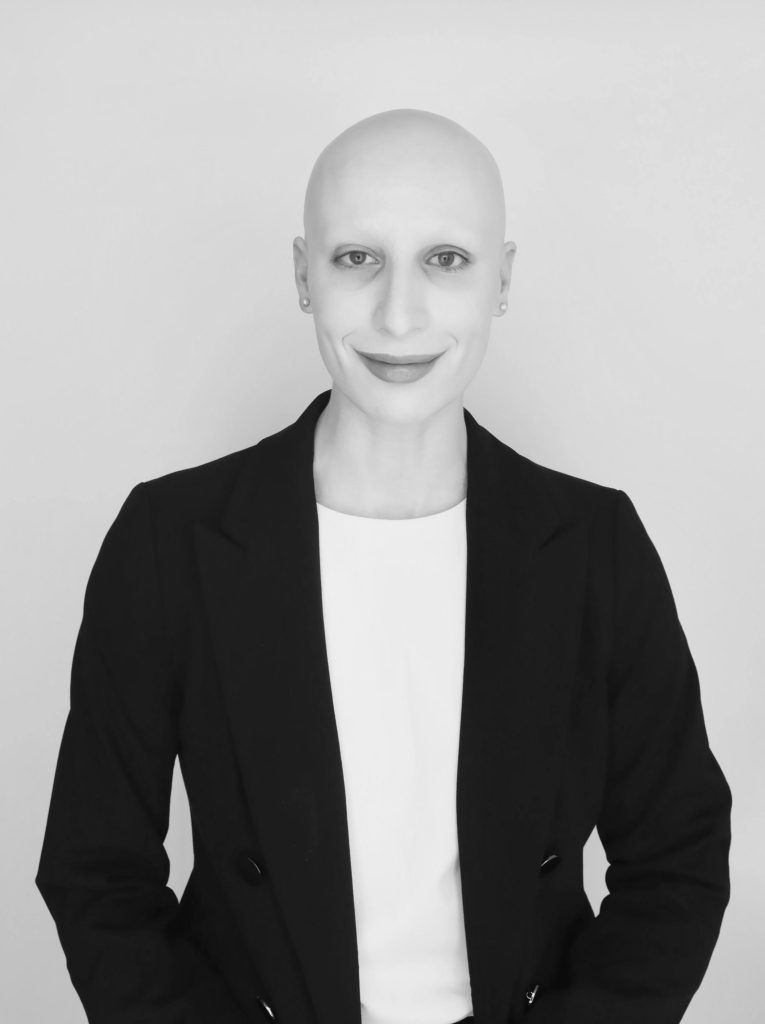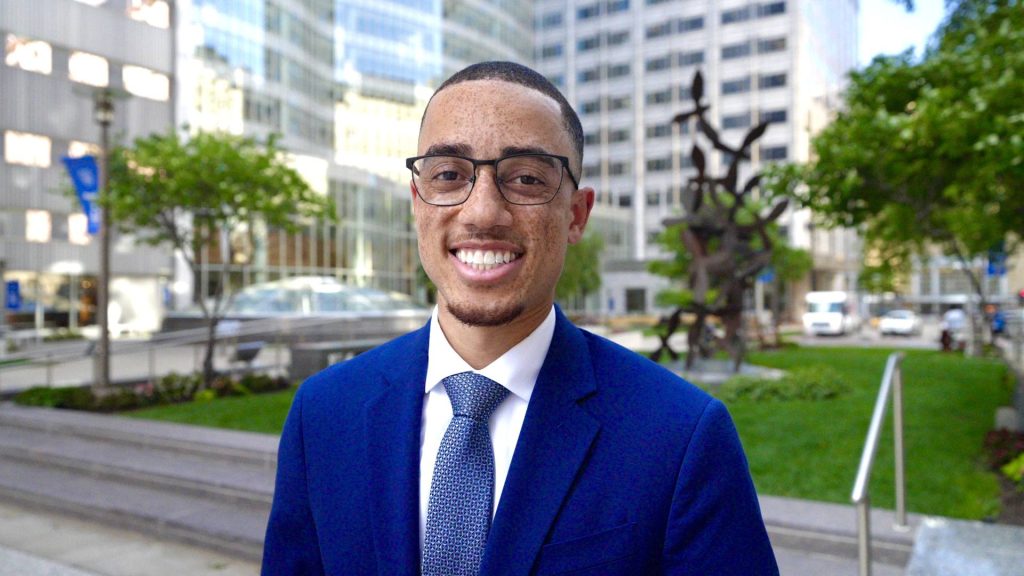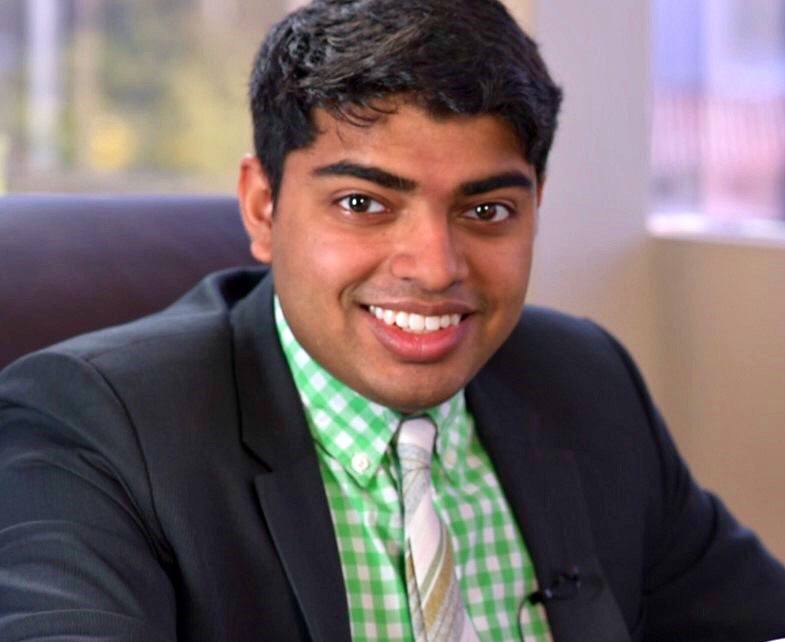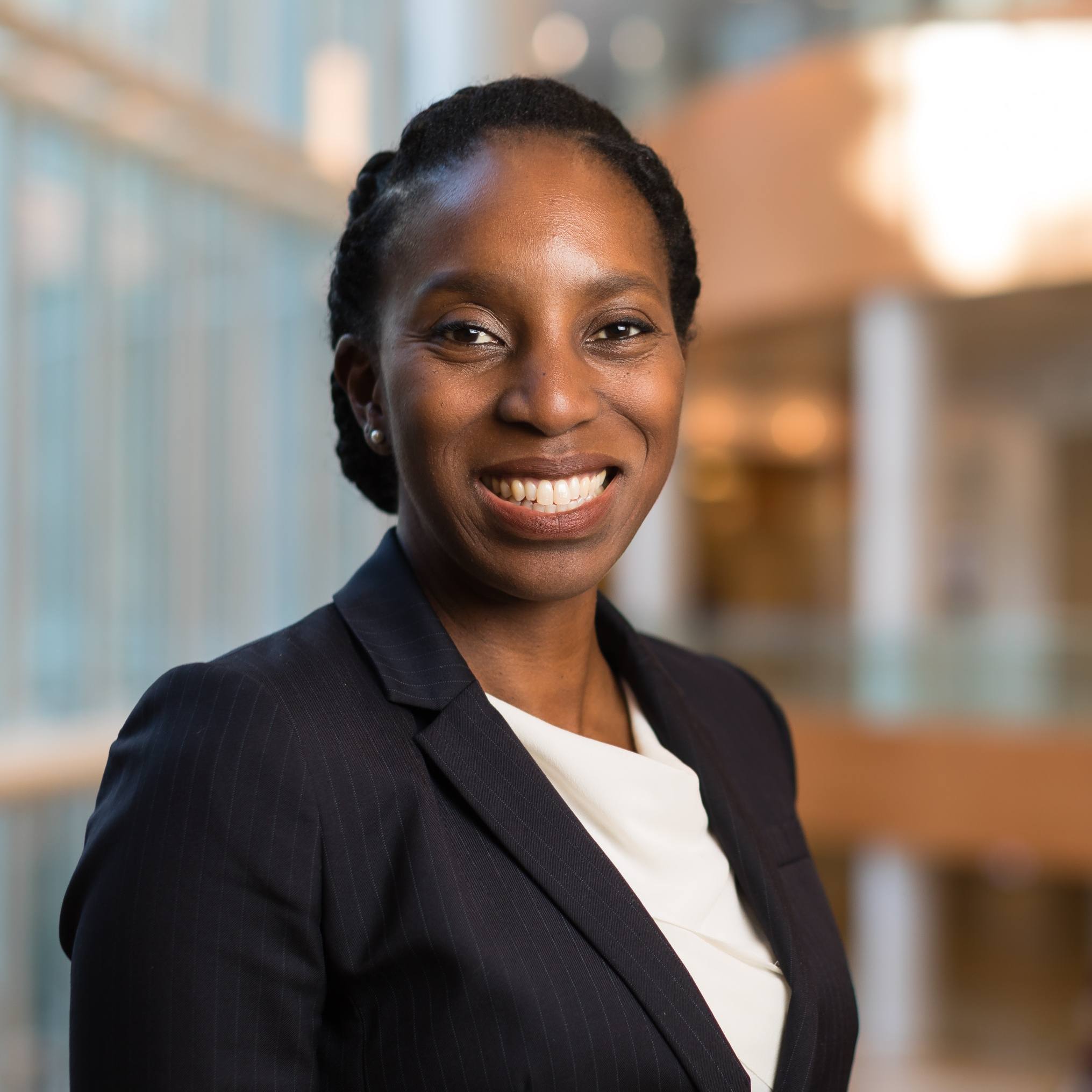-
Education
Students’ passion projects address big issues in healthcare
When graduate student Charlotte Hayes began her Ph.D. training in a lab studying brain tumors that affect young children, she was devastated to realize one reality about funding for biomedical research. "Compared to adult cancers, there isn't a lot of money allotted to pediatric cancers, let alone rare brain tumors," she says.
A first-year Ph.D. student at Mayo Clinic Graduate School of Biomedical Sciences, Hayes is also personally knowledgeable about the harsh reality of cancer, having endured surgeries and rounds of chemotherapy for her own cancer, which turned up in her 20s. "During my own ordeal with treatment," she says, "I had a moment where I thought, 'A 5-year-old has to deal with this?' That was absolutely unacceptable to me."
Never one to be told a problem is too big to tackle, she decided to take steps to improve research funding and created a foundation to raise money for pediatric brain tumor research. Hayes is among students from across Mayo Clinic College of Medicine and Science whose energy and vision have led them to devote their spare hours to solving big biomedical problems — and the schools encourage their enthusiasm. Their passion projects are making a mark in medical research and education.
‘I wanted to do something about it’

Hayes' research in the lab of David Daniels, M.D., Ph.D., studies tumors known as diffuse midline gliomas (DMGs). For children diagnosed with the disease, the prognosis is grim. Spending time in the lab, Hayes realized, "We don't have a lack of ideas, and it's not that we're stuck. The issue is that research is expensive, and we'll never make a dent without funding."
She adds, "I didn't want to sit around and complain about it. I wanted to do something about it."
Hayes, who has been blind since early childhood, had an undergraduate degree in business that prepared her for fundraising. Through online courses she learned web design to create the foundation's website. She read additional medical journal articles about DMG and reached out to families whose children have been affected by it. And she dove into more than 100 pages of government paperwork required to launch a 503(c)(3).
The foundation she established, KIDS MATER TOO, raises money that will go directly to DMG research projects – at Mayo and elsewhere. (The name of the foundation is not a misspelling; it's a play on words about the protective layers that cover the brain, like the dura mater.) The allocation of the funds is determined by a scientific review board, using a double-blind peer-review process to ensure objectivity.
"Charlotte's proactive and altruistic stance demonstrates the positive transformative power one individual can have on society," says Luis Lujan, Ph.D., associate dean of student affairs. "Her efforts reflect the commitment of our students to affect positive change, which is in line with the values of Mayo Clinic and the Graduate School of Biomedical Sciences."
Hayes also has gotten other graduate students involved in her group's administration. "At this stage," says Hayes, "I'm focused on establishing meaningful relationships with donors, spreading awareness about the disease and continuing my own research. It's been time consuming and tiring, but I would do it all again."
Motivating others to succeed
Back when he was applying to medical school, JR Smith came across a statistic that made an impression on him. "I read that there were more Black men applying and matriculating to medical school in the 1970s than there are today," he says.
One factor contributing to the drop-off, he believed, was an ongoing lack of visual representation of Black men in medicine. He felt he could change that. As he progressed through the medical school application process, he documented his own journey on YouTube.

"I decided to share the strategies that I found helpful to succeed as a premedical and medical student," says Smith, now a fourth-year student at Mayo Clinic Alix School of Medicine. "My hope was that students who resonated with me would be motivated to pursue medicine as a career and have the tools necessary to succeed."
His YouTube channel, Evolving Medic, provides motivation for students pursuing careers in medicine, with strategies and other productivity tips they can use to excel inside and outside their academic responsibilities. (He chooses and describes those that are evidence-based and that he himself has used.) The need hits home: Evolving Medic, with more than 150 videos, has more than 36,000 subscribers. The channel has attracted partnerships with various healthcare-related companies, including a scrubs company and various education-based resources.
"Multiple prospective students to Mayo Clinic Alix School of Medicine have indicated that JR's videos were inspiring to them as they considered pursuing medicine as a career and as they navigated applying to medical school," says Megha Tollefson, M.D., associate dean of admissions. "He's absolutely had a positive impact on students nationwide."
Smith will continue his training as a resident in orthopedic surgery at Mayo Clinic School of Graduate Medical Education. He intends to continue posting advice for future doctors. "As I progress throughout my career, I'm sure my audience will grow to include physicians as well," he says. "My desire is to share the guidance, resources and knowledge that may be limited for some with the hopes of creating a more equitable environment for all students to succeed."
Mentors make the difference
For Nihal Satyadev, M.D., a first-year neurology resident in Mayo Clinic School of Graduate Medical Education, a passion project focused on Alzheimer's disease made him realize the scope of the problem — and also solidified his career goals to address it.

As a college student and an aspiring clinician, he learned about the ways in which Alzheimer's disease is becoming a public health crisis. Along with classmates, he began an undergraduate club for students interested the topic. "What began as a few friends meeting at my apartment grew into one of the largest student groups on campus and ultimately the leading national youth Alzheimer's nonprofit," he says.
The project led him to reach out to Alzheimer's experts at Mayo Clinic, including Ronald Petersen, M.D., Ph.D., who became mentors. "Early in the journey," Dr. Satyadev says, "I met with members of Dr. Petersen's team, including [research operations program manager] Angela Lunde at Mayo Clinic in Rochester, who were instrumental in helping me understand the intricacies of population level research and community interventions for dementia."
The initiatives of Youth Movement Against Alzheimer's aim to involve young people in addressing the public health crisis, for instance, by providing companionship to patients and giving time off to family caregivers. Dr. Satyadev was involved for eight years as the group continued to grow, and stepped back as it took on fulltime staff under the management of Hilarity for Charity, the nonprofit started by Lauren and Seth Rogen.
For Dr. Satyadev, the passion project was just a beginning. The connections he has made at Mayo, in particular with neurologist and dementia specialist Gregg Day, M.D., helped solidify his commitment to becoming a neurologist who specializes in neurodegenerative diseases. Now conducting research projects with Dr. Day during his spare hours, Dr. Satyadev is aiming to develop new strategies to diagnose and treat Alzheimer's disease and related dementias.
"Working on the nonprofit helped me realize addressing this national and global challenge requires a lifetime commitment," he says.







